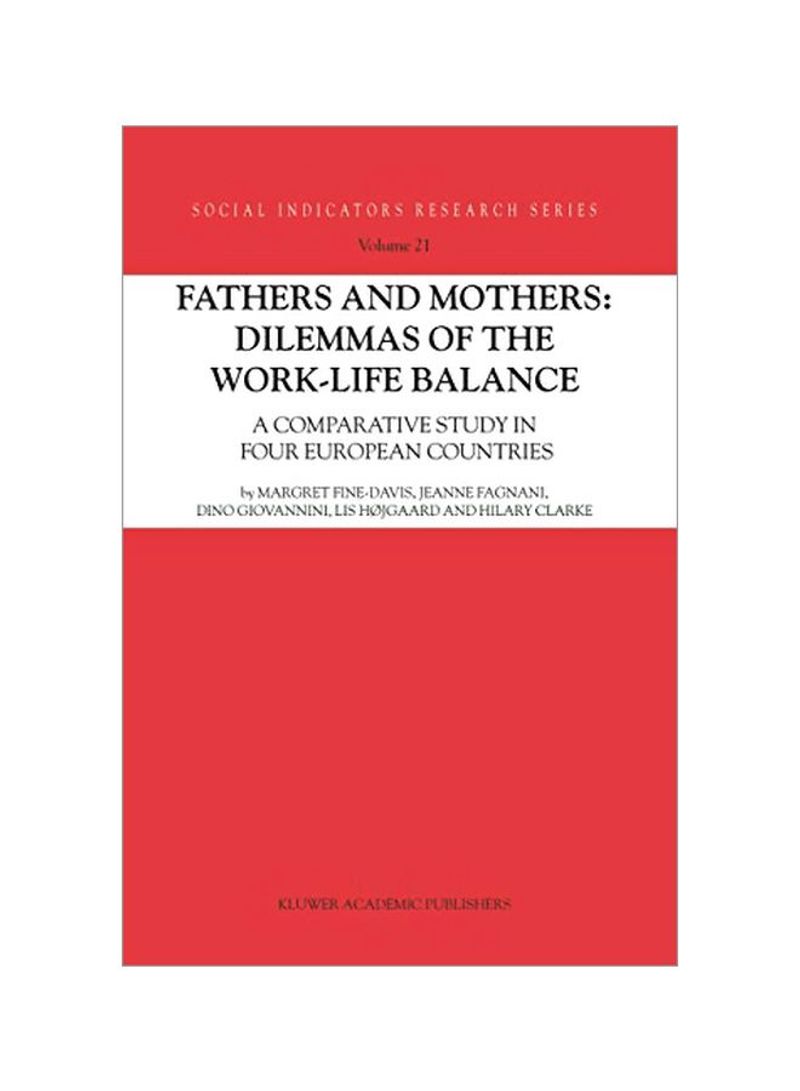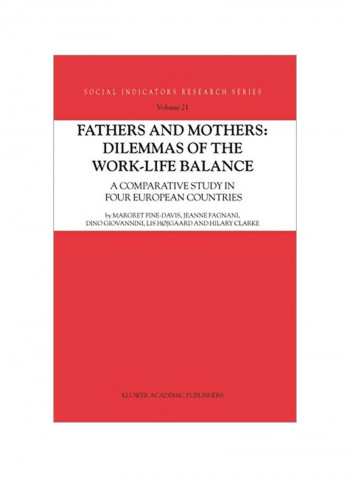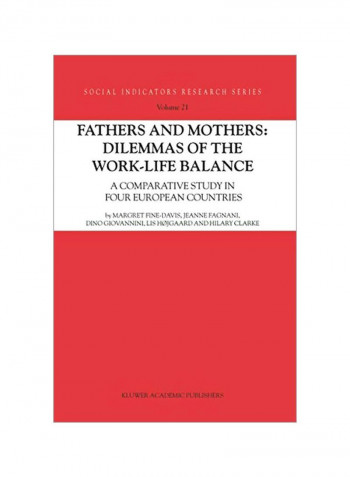Fathers And Mothers: Dilemmas Of The Work-Life Balance: A Comparative Study In Four European Countries Paperback
Recommend
Sort by
Rating
Date
Specifications
Author 1
Margret Fine-Davis
Book Description
At the risk of sounding frivolous, there is a good case to be made for the argument that women constitute the revolutionary force behind contemporary social and economic transformation. It is in large part the changing role of women that explains the new household structure, our altered demographic behaviour, the growth of the service economy and, as a consequence, the new dilemmas that the advanced societies face. Most European countries have failed to adapt adequately to the novel challenges and the result is an increasingly serious disequilibrium. Women explicitly desire economic independence and the societal collective, too, needs to maximise female employment. And yet, this runs up against severe incompatibility problems that then result in very low birth rates. Our aging societies need more kids, yet fertility levels are often only half of what citizens define as their desired number of children. No matter what happens in the next decade, we are doomed to have exceedingly small cohorts that, in turn, must shoulder the massive burden of supporting a retired baby-boom generation. Hence it is tantamount that tomorrow's adults be maximally productive and, yet, the typical EU member state invests very little in its children and families.
ISBN-13
9781402018480
Language
English
Publisher
Springer
Publication Date
31 Dec 2004
Number of Pages
352
Author 2
Jeanne Fagnani
Author 3
Dino Giovannini
Author 4
Lis Hojgaard
Author 5
Hilary Clarke
Editorial Review
"This excellent cross-national study unambiguously shows that a truly workable and positive social equilibrium needs more than public support for mothers. It needs, somehow or other, to equalise the employment and caring roles of men and women alike . . . What Fathers and Mothers helps us to realise is that no workable social equilibrium can materialise unless we somehow begin to also reconstruct the male life course." (Gosta Esping-Andersen)



